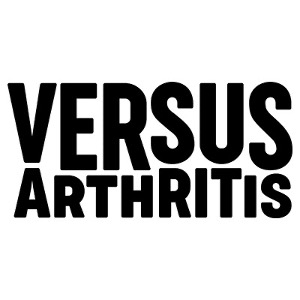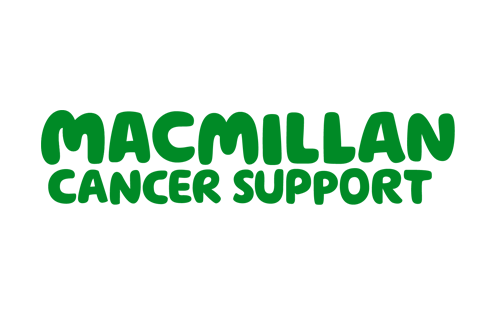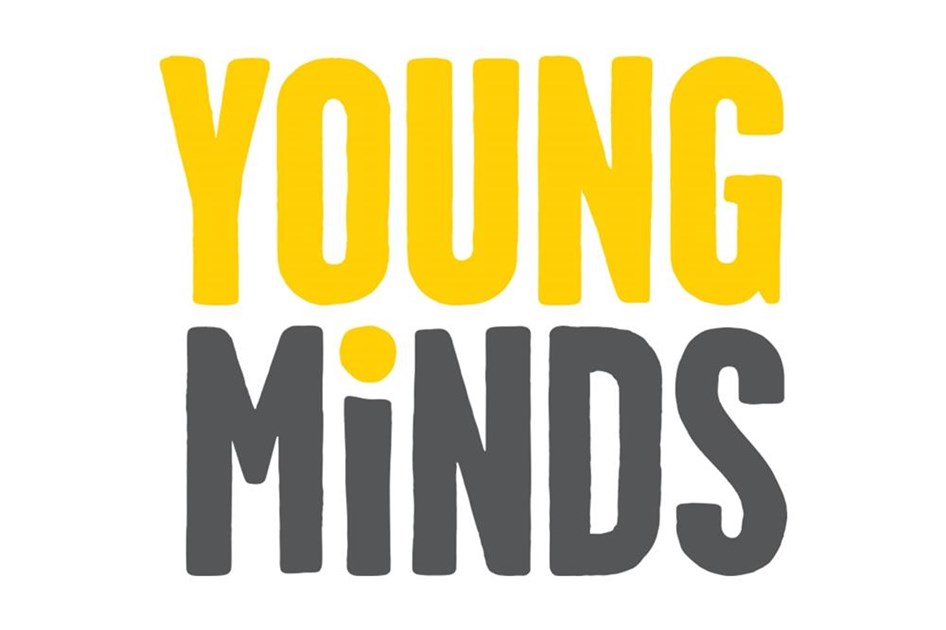Understanding how to support people with arthritis to become more active and manage their condition
Cymru Versus Arthritis – Evaluation of Get Active for Arthritis

What we did
We reviewed the feedback from a self-management and training course developed by Versus Arthritis to understand which elements were most valued by participants and how it supported them to change their behaviour
We worked closely with group leaders in each location to understand how the service had been adapted to meet the needs of the local population and aligned with existing resources available to people with arthritis
Qualitative analysis of who had been engaged by the service and the consequences of this on their activity levels and wellbeing provided evidence of the reach and scale of the service.
In-depth interviews with participants helped us to understand the barriers and enablers for people trying to be more active and the extent to which the service had benefited them
Case studies provided rich and contextual examples of how the service had engaged with different people with complex needs and supported them become more active and manage their condition
Our findings contributed to a learning document shared by the charity with Welsh Government and other stakeholders to help shape policy and practice to support people living with musculoskeletal conditions.



